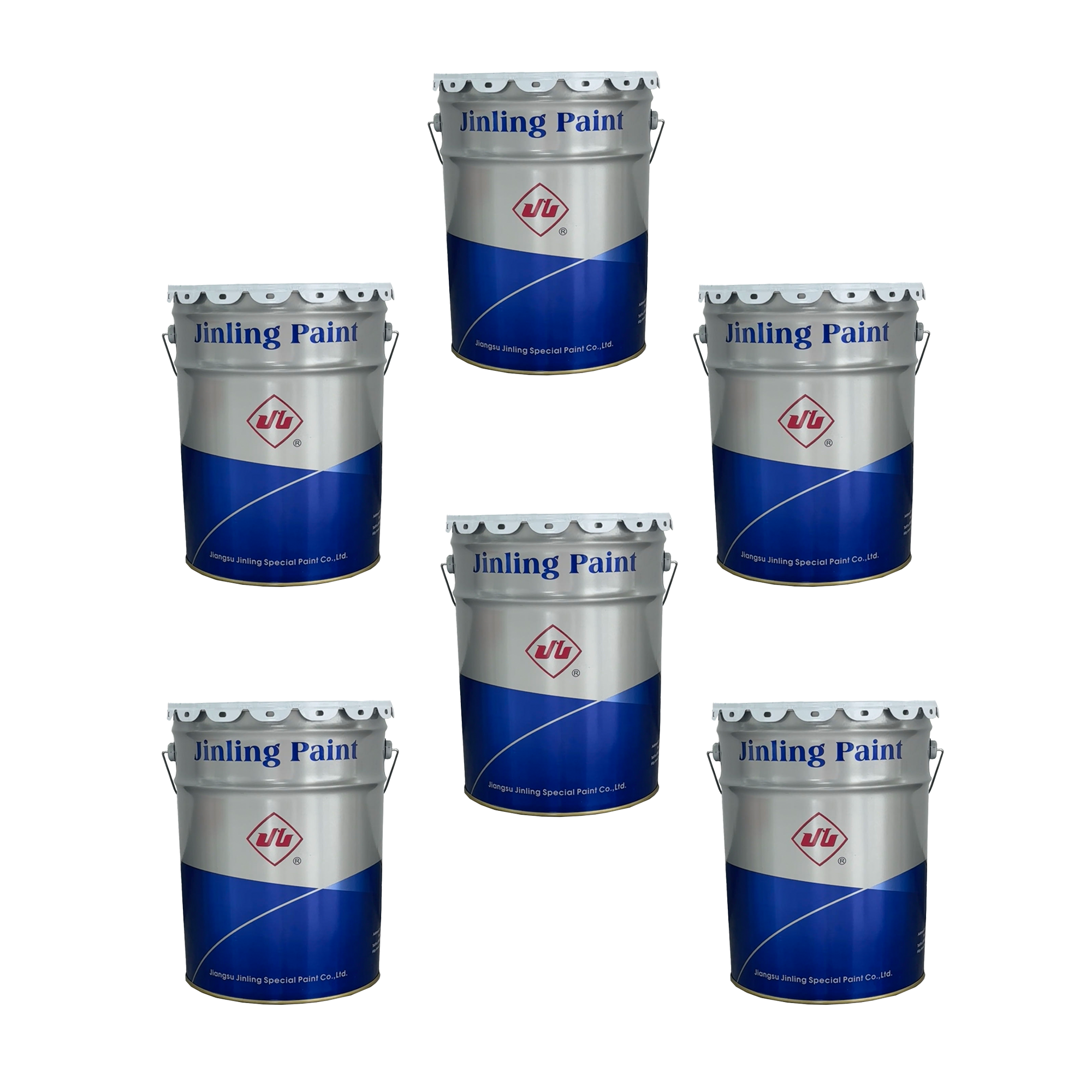Why Marine Coatings Must Resist Saltwater Corrosion: A Deep Dive
They can have a major impact on marine coatings with saltwater corrosion. Coatings are important for resisting corrosion because they prevent damage to ships and other marine structures.

Because of this, knowing what corrosion resistance means for marine applications is important. For metal parts, salt water can be unforgiving, resulting in rust and corrosion over time. This can result in expensive maintenance and even unsafe conditions for those who work or live in the buildings.
The saltwater corrosion challenges are real but marine coatings are made to handle it. Such coatings provide a barrier between the metal and the saltwater to prevent corrosion. This single stage paint contributes to the durability of structures in the sea and ensures their safety for use.
Delving into the science behind saltwater corrosion can help us make sense of why it’s such a pervasive problem. Salt water has ions that may be accelerating the corrosion process which in turn could cause the metal to quickly degrade. By using acrylic primer and paint we can ward off the damage that saltwater inflicts on its targets (specifically, marine structures) and prolong their useful lives.
An in-depth assessment of the coating clear importance of saltwater-resistant marine coatings reveals exactly why they're so crucial to have. Without the protection of these coatings, marine structures would be severely damaged by corrosion from saltwater. With the help of protective coatings such as these provided by JINLING PAINT, we can make sure that our marine structures remain as strong and safe in the future to come.
Comments
Post a Comment